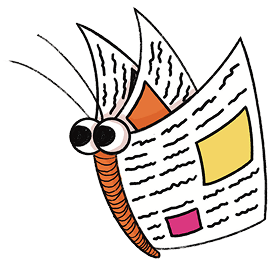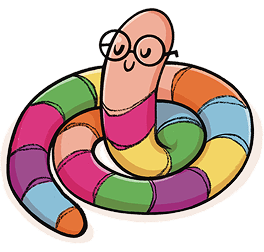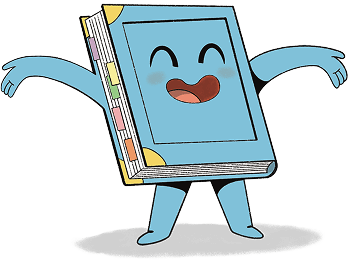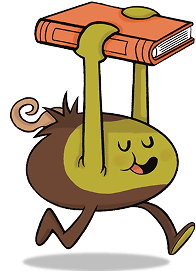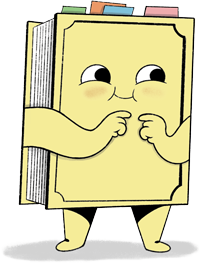
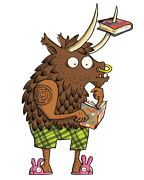
Our Favourite Books of 2018: Part 1
Our favourite picture and illustrated Books of 2018
Every year, the staff at The Reading Agency enjoy picking and sharing our favourite books for children and young people. We have three different booklists of the books we have loved the most from 2018: picture and illustrated books, books for children at primary school and for young people aged 13+. We hope that you enjoy finding out more about our picks that include a graphic novel, poetry books, non-fiction and many fantastic fictional stories.
You can get involved – write down a list of all of the books that you have read this year and then pick your favourite three. Recommend these books to your friends and family. Ask them which book they would recommend for you.
We also have created a Winter Wonderland Chatterbooks resources pack that you may enjoy.
Take a look at some of our recommendations:
Below are our picks for the best picture and illustrated books
Little Leaders: Bold Women in Black History by Vashti Harrison
Rose, who works on the Summer Reading Challenge said
“This beautifully illustrated book shines a light on forty extraordinary women and their achievements in the fields of art, music, science, sport, politics, medicine and more. It provides a great introduction to remarkable female figures in black history who have changed the world for the better, and is guaranteed to inspire children (and adults!) of all backgrounds.”
National Trust: I Am the Seed That Grew the Tree: A Nature Poem for Every Day of the Year by Fiona Waters and Frann Preston-Gannon
I Am the Seed That Grew the Tree, named after the first line of Judith Nicholls’ poem ‘Windsong’, is a lavishly illustrated collection of 366 nature poems – one for every day of the year, including leap years. Filled with familiar favourites and new discoveries, written by a wide variety of poets, including -
John Agard, William Blake, Emily Bronte, Charles Causley, Walter de la Mare, Emily Dickinson, Carol Ann Duffy, Eleanor Farjeon, Robert Frost, Thomas Hardy, Roger McGough, Christina Rossetti, William Shakespeare, John Updike, William Wordsworth and many more.
Mary Who Wrote Frankenstein by Linda Bailey and Julia Sarda
How does a story begin? Sometimes it begins with a dream, and a dreamer. Mary is one such dreamer, a little girl who learns to read by tracing the letters on the tombstone of her famous feminist mother, Mary Wollstonecraft, and whose only escape from her strict father and overbearing stepmother is through the stories she reads and imagines. Unhappy at home, she seeks independence, and at the age of sixteen runs away with poet Percy Bysshe Shelley, another dreamer. Two years later, they travel to Switzerland where they meet a famous poet, Lord Byron. On a stormy summer evening, with five young people gathered around a fire, Byron suggests a contest to see who can create the best ghost story. Mary has a waking dream about a monster come to life.
You’re Called What? by by Kes Gray and Nikki Dyson
Carina, who likes to find out reading facts said
“This hilarious and imaginative book features a series of animals queuing up at the Ministry of Silly Animal Names, all hoping to adopt a more dignified moniker. The illustrations are filled with personality, bringing these bizarre animals to life, but a section at the end featuring facts and photographs of the real-life creatures is sure to spark children’s interest in the decidedly weird side of the animal kingdom even further.”
Find more recommendations here:
Books of the Year 2
We hope that you enjoy reading about these fantastic books – which book would you like to read first? Make sure you leave a review after you read a book to help other children know what you think.










